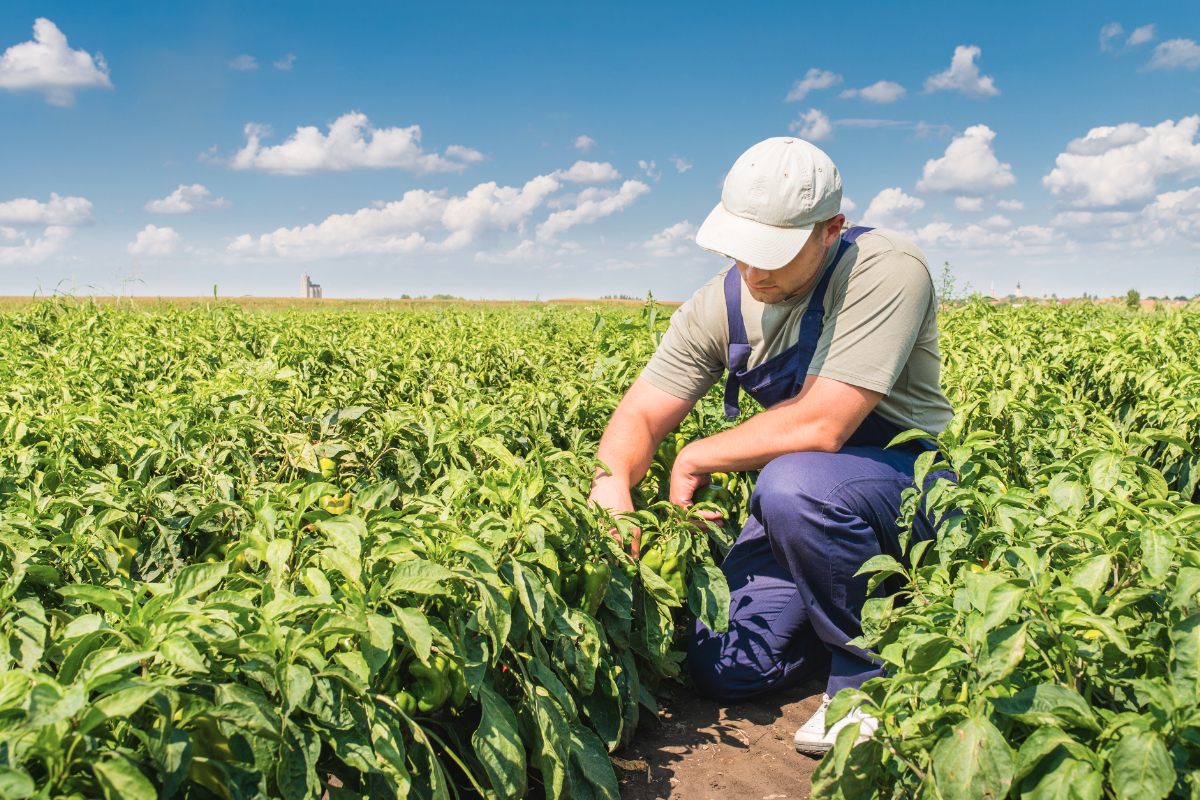
CSIRO has announced plans to cut up to twenty research jobs from the Agriculture and Food business unit, citing a decline in external investment due to the economic impact of drought, fire and flood.
In an email to staff, Agriculture and Food Director Michiel van Lookeren Campagne detailed the funding shortfall.
“We are unable to maintain our external revenue at levels sufficient to cover our costs (which would be around $105m). At present we have secured close to $84m in external revenue, and close to $11m in opportunities with 60% or more certainty currently under negotiation.
“As a result, the Agriculture and Food Leadership team has made the difficult decision that in order to ensure we have the finances to support our staffing, we need to make a staff reduction,” Dr Van Lookeren Campagne said.
Shock announcement
CSIRO Staff Association Secretary Sam Popovski said the announcement came as a surprise.
“We are very disappointed that Agriculture and Food is proposing job cuts due to external revenue reductions, only weeks after Chief Executive Larry Marshall reassured all staff that CSIRO’s revenue shortfalls would be buffered by cash reserves, without mass planned redundancies in 2020-21.”
Up to twenty research jobs are forecast to go from laboratories around the country. Canberra’s Black Mountain will be hardest hit (11 positions), followed by the Queensland Biosciences Precinct at St Lucia (3 positions). Waite Campus in Adelaide, Floreat in Perth and Hobart’s Battery Point will also lose positions.
Research impact
While written management advice claims ‘the reduction proposed is expected to have a minimal impact on the science of the business unit,’ the list of research areas likely to be impacted is extensive.
These include; Cotton Fibre Biotechnology support, Pest and Necrotrophic research, Metabolic Engineering of oils, Synthetic Traits glasshouse support, Quality, Starch and Biochemistry science in cereal grains, Physiological or Trait-based pre-breeding in cereals, general analytics for generic based research on traits in pre-breeding, technical field support for trait based genetic breeding and pre-breeding.
The list goes on; cereal root disease research, High Rainfall Zone cropping agronomy, gut ecosystem and function support, nutrition and production support, aquaculture field work support and agricultural software platforms.
Strategy secrecy
Internal CSIRO advice states the ‘considered’ staffing cut of up to twenty positions would be ‘in line with Agriculture and Food’s new growth-oriented strategy that is focussed on delivering impact in the areas where CSIRO has a competitive advantage.’
However, the new strategy remains under wraps and CSIRO’s reluctance to share this information with researchers identified as potentially redundant could hamper Staff Association efforts to mitigate the job losses.
“We are also concerned that Agriculture and Food is proposing capability reductions before consulting with staff on the ‘Strategy Refresh’ and the potential for unfair identification of individuals for potential redundancy.
“It’s likely that many staff will be impacted without clear justification on why their particular position is proposed to be cut,” Mr Popovski said.
Support for members
“The Staff Association has set up our team of skilled Agriculture and Food delegates and organisers to support members and guide our approaches to enforcing consultation and minimising involuntary redundancies.”
“Staff Association members that are potentially impacted are being provided with dedicated representation and support throughout this process,” Mr Popovski said.
